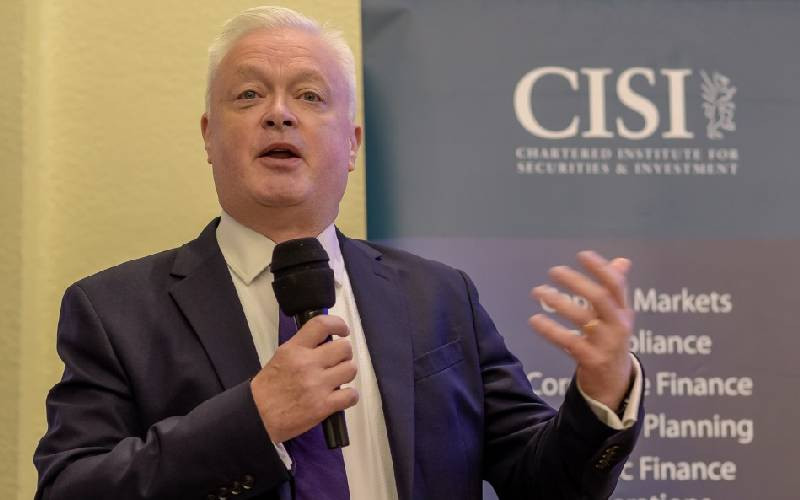×
The Standard e-Paper
Join Thousands Daily

Three global professional bodies have teamed up to roll out a climate risk course targeting workers in the financial services sector.
The sector has become a focal point in Kenya's ambitious march towards attaining zero carbon emissions by 2050.